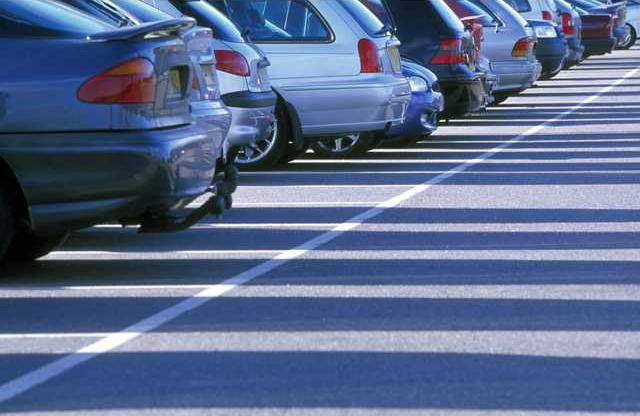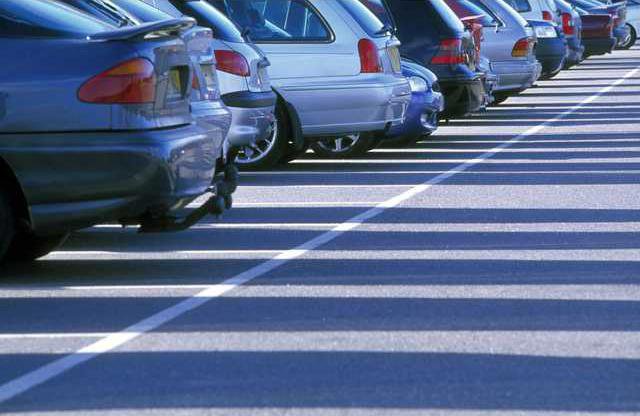![]() Coupon clipping is all well and good, but it’s usually the big purchases that make the biggest financial dent in the long run. So what expensive things are you purchasing poorly? Well, maybe none.
Coupon clipping is all well and good, but it’s usually the big purchases that make the biggest financial dent in the long run. So what expensive things are you purchasing poorly? Well, maybe none.
As an economist, personal finance professor Catherine Zick hesitates in labeling any purchase as good or bad. “I think it … [varies] depending on the person or the household,” she said.
But if we were to get prescriptive about it, here are three big purchases you might want to avoid if you want to make your dollars stretch.
1. The cheapest car in the lot
“Families should realize that it's possible to be ‘too good’ at saving,” Syble Solomon, creator of theMoney Habitudes card games and books, said in an email. For instance, she said, “you may seek out the cheapest — but not the best — deal. Imagine the family that chooses the used minivan with 300,000 miles because it's only $1,000. But then it breaks down and … you need to get it towed [and] you need to pay thousands to get it repaired.” It might have just been better to buy the more expensive, but reliable, minivan to begin with, she said.
2. The biggest house you can afford
If the bank says you can afford your dream home, it might be difficult to argue. But family economist Catherine Zick has a reminder for any consumer ready to sign up for a mortgage they can’t handle in the long run.
Ten years ago, she said, many homebuyers were thinking short-term, rather than long-term. “The mortgages they qualified [for] were only sub-prime mortgages, and so they were paying higher interest rates on those homes,” said Zick. “[So] when the bottom fell out of the housing market, so many people saw themselves under water. … Their homes weren’t worth as much as they had paid for them and they had these outrageous loans that had escalating payments associated with them.”
And even though it is more difficult to do the same thing now, she concedes, it is still a penitential problem, “because you can just get in over your head.”
So do some recon before you buy, and think about 10 years from now when you lose your job or your husband gets hurt. Will you care more about the size of your home or having a steady roof over your head? “You’re making a commitment in the long run to pay that mortgage,” said Zick. “So you’ve got to think beyond a two or three year horizon.”
Twenty-five percent of homeowners wish they had kept looking instead of choosing the home they are currently in, according to a study by the real estate site Redfin earlier this year.
3. The gas-guzzling recreational vehicle
So, if a cheap car and big home aren’t the answer, how about a combination of the two? Maybe.
Buying a motor home may seem like a good idea when planning your summer vacation, but you may only use it enough to justify the cost if it’s your primary residence.
“Unless you really plan to travel extensively or even live in it,” a motor home isn’t worth the price, William L. Seavey, author of “Crisis Investing and Entrepreneuring,” said in an email. “Too many end up sitting on driveways after a few ‘thrill’ trips.”
And Seavey would know; it was up to him and his sister to get rid of their parents’ infrequently used motor home after they died. They recouped only one sixth of the original price.
According to a study by the University of Michigan, 8.9 million American households owned an RV in 2011, but they only used them on average 20 days a year. And 30 percent of the participants that had sold their RVs said they did so because they just didn’t use them enough.
“Any large purchase, whether it’s a house or a car or a motor home,” needs to be something that you’re willing to go into debt for, Zick said.
And you need to decide beforehand how much debt you’re willing to go into for it. If it doesn’t pass the debt test, then you should probably just not buy it, unless, of course, you have the cash up front.
Zick suggests consistently adding money to a savings account just for big purchases like these. So when you need a new car or your washing machine breaks, you’ll have more to work with. Planning in advance could save you thousands in debt — or, if you’re really diligent about it, having to go into debt at all.
“I think that sometimes consumers tend to make choices on the spur of the moment,” Zick told us. “If they just paused and gave themselves a bit of time to reflect on the purchases that they’re contemplating … they might step back and say, oh, maybe I should reconsider.”





